
On April 2, Children's Hospital 2 in Ho Chi Minh City announced that it had successfully treated a case of autoimmune encephalitis with many complex symptoms.
More than a month ago, KN (14 years old, living in Lam Dong province) showed strange symptoms such as severe headaches, difficulty sleeping, lack of contact, screaming, agitation, crying and laughing for no reason. N. did not remember or recognize her family members. Her condition did not improve even though her family took her to a local hospital for examination.
When arriving at Children's Hospital 2 in Ho Chi Minh City, the patient continuously screamed, tensed his arms and legs, strangled himself, bit his lips and tongue, causing soft tissue damage, broken teeth, and bleeding profusely.
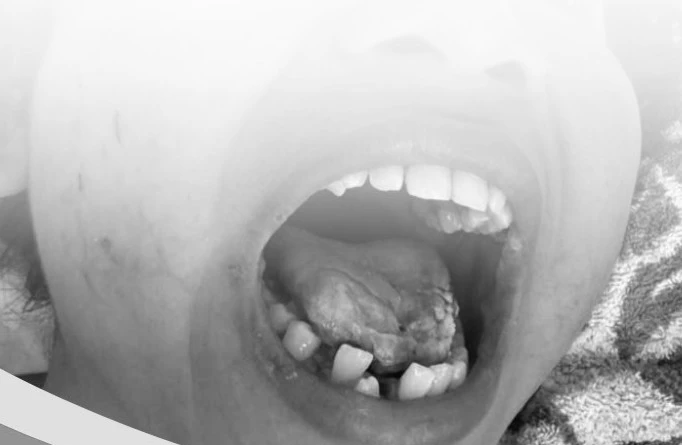
The family mobilized 3-4 people to hold the child's arms and legs so that he would not hurt himself. Doctors had to inject sedatives and anticonvulsants to reduce this condition. However, the child suffered a severe laceration to his tongue, lost a front tooth, and had many scratches on his arms and legs.
According to Dr. Pham Hai Uyen, Deputy Head of the Department of Neurology, Children's Hospital 2, the patient had cerebrospinal fluid testing, brain MRI and samples sent for autoimmune encephalitis testing.
The results showed that N. had autoimmune encephalitis with anti-NMDA receptor antibodies. This is a rare disease that can be treated if detected early.
Immediately afterwards, the doctors treated the patient according to the autoimmune encephalitis protocol with high-dose corticosteroids 30mg/kg for 5 days. However, the patient did not respond.
After consultation, the treatment team decided to use plasma exchange therapy, performing 5 cycles in 10 days. By the third cycle, the patient was able to sleep and scream less. When the fifth cycle was completed, the patient could speak short words, walk slowly, and eat by mouth.
Currently, KN is gradually recovering, has better awareness, and no more hallucinations. However, he still needs treatment and regular monitoring to prevent the risk of recurrence.
According to Dr. Pham Hai Uyen, autoimmune encephalitis is a disease that is difficult to diagnose, progresses slowly, and is easily confused with mental disorders, causing many families to go in the wrong direction in the process of finding the disease. This leads to delays in diagnosis and treatment.
Doctors warn that when children show unusual signs of behavior, cognition or sleep, parents need to take them to specialized medical facilities for examination as soon as possible.
Source: https://www.sggp.org.vn/benh-la-khien-co-be-14-tuoi-tu-hanh-ha-ban-than-post788803.html



![[Photo] Moment of love: Myanmar people are moved to thank Vietnamese soldiers](https://vstatic.vietnam.vn/vietnam/resource/IMAGE/2025/4/3/9b2e07196eb14aa5aacb1bc9e067ae6f)

![[Photo] General Secretary To Lam receives Japanese Ambassador to Vietnam Ito Naoki](https://vstatic.vietnam.vn/vietnam/resource/IMAGE/2025/4/3/3a5d233bc09d4928ac9bfed97674be98)
![[Photo] Special relics at the Vietnam Military History Museum associated with the heroic April 30th](https://vstatic.vietnam.vn/vietnam/resource/IMAGE/2025/4/3/a49d65b17b804e398de42bc2caba8368)


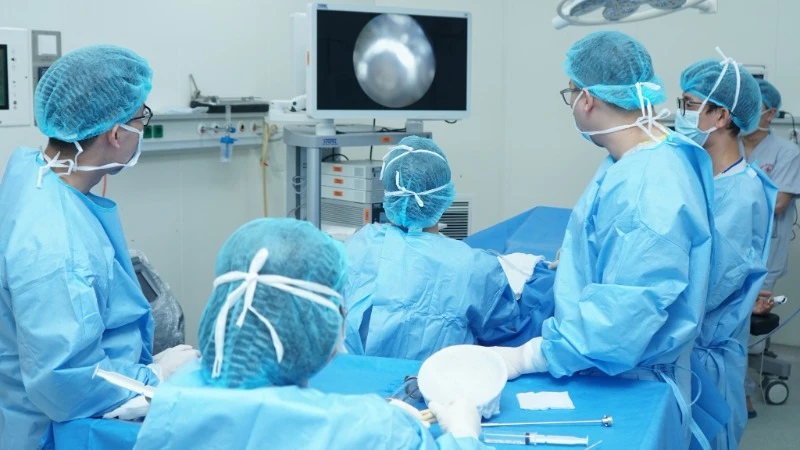

![[Video] Hanoi strengthens food safety control at schools, tightens handling of violations](https://vstatic.vietnam.vn/vietnam/resource/IMAGE/2025/4/3/c9a2202768fb4d6dbd70deaf3f28979f)
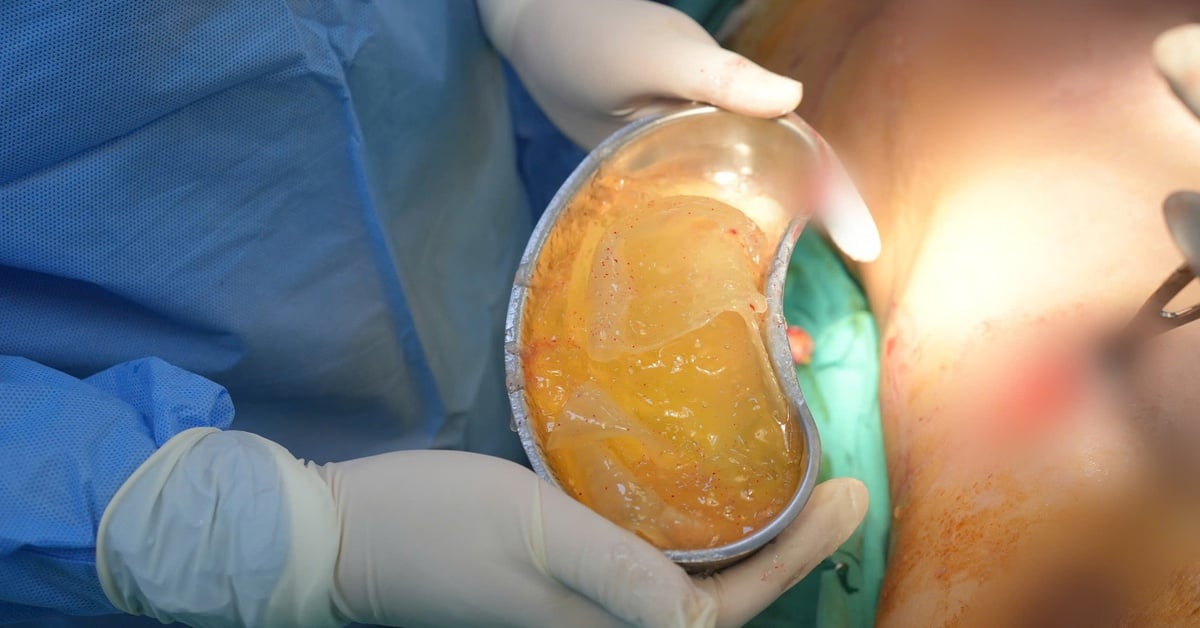









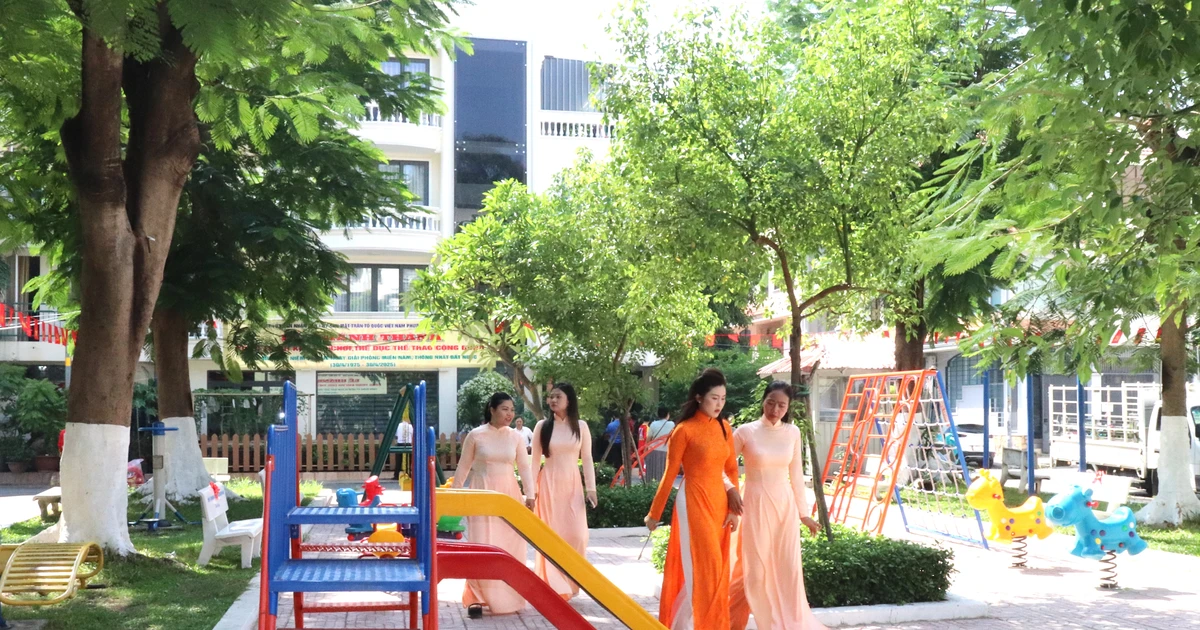
































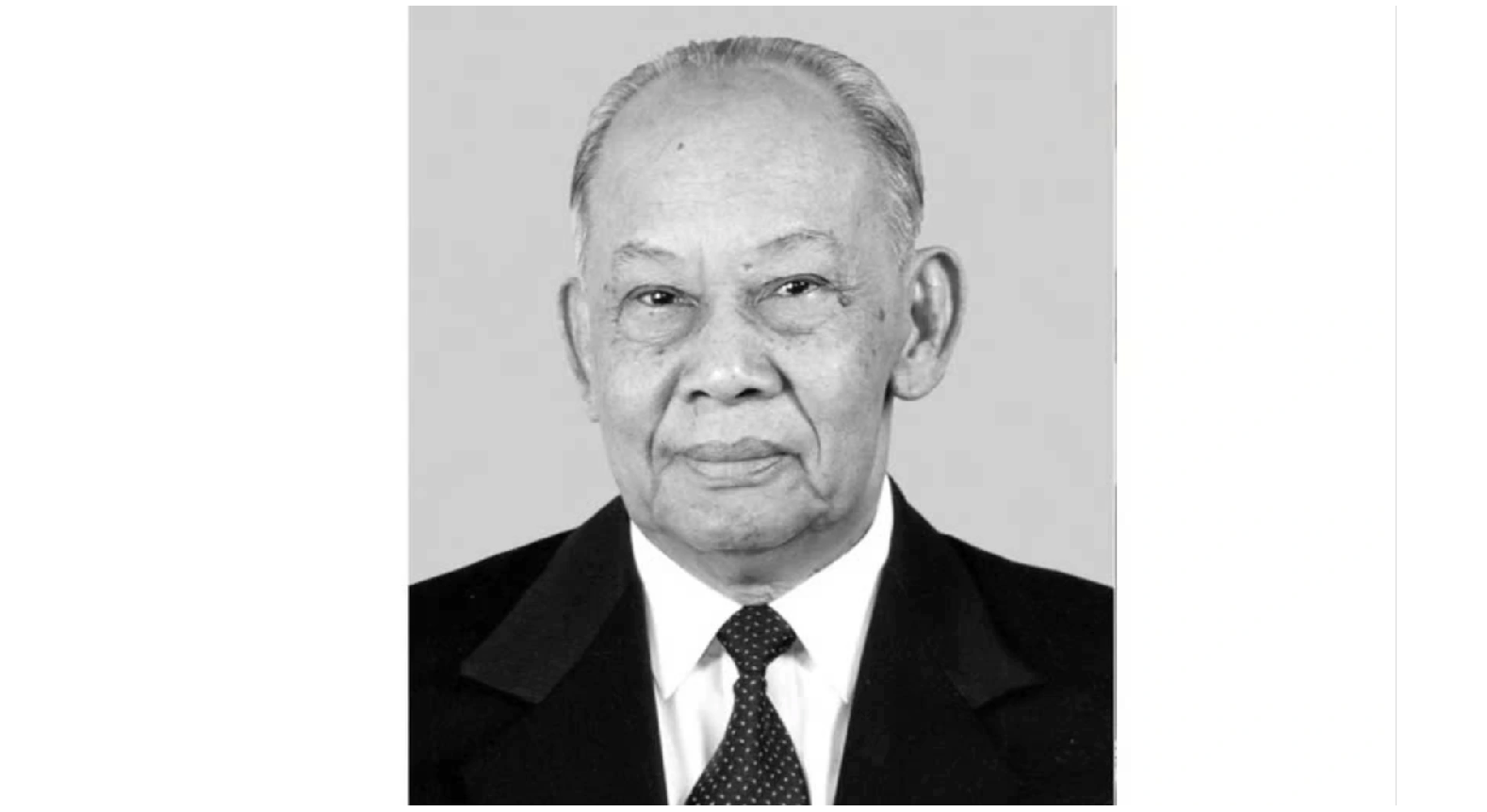



















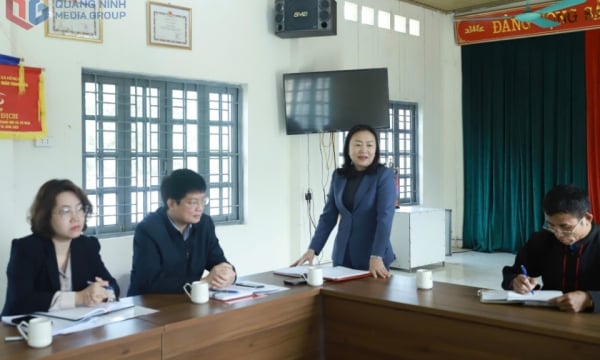













Comment (0)